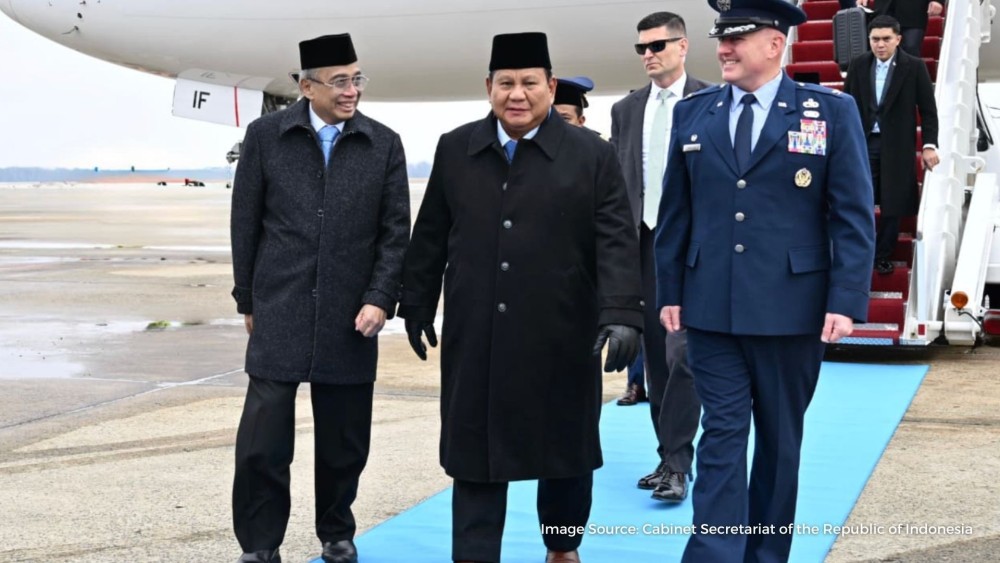Government Expands Simbara System to Enhance Mining Sector Governance, Prevent Fraud
23 Jul 2024

The Indonesian government has expanded the Mineral and Coal Information System (Simbara) to include nickel and tin commodities, aiming to increase state revenue and improve governance in the mining sector.
Previously implemented for coal shipments since 2022, Simbara's scope now encompasses nickel and tin and will be applied to other metallic minerals by 2025, including copper, gold, bauxite, manganese, and others.
Finance Ministry Budget Director General Isa Rachmatarwata highlighted the system's success in curbing illegal mining and increasing state revenue from the coal sector, prompting its extension to nickel and tin.
“This is to continue the successful implementation of Simbara for coal. Today, we begin expanding the use of Simbara to nickel and tin, both of which are increasingly important for the national economy,” he said during the Simbara launch ceremony broadcast live on Monday.
Resource-rich Indonesia, the world’s biggest producer of nickel and one of the largest producers of tin, will use Simbara to track the supply of these minerals from mines to domestic smelters.
Undersecretary for Investment and Mining at the Office of the Coordinating Maritime Affairs Minister, Septian Hario Seto, emphasized that smelting companies must report their sources and ensure they have paid royalties before unloading ore shipments.
The Simbara system will link to digital records of mining quotas as part of companies' work and budget plans (RKABs), enabling real-time tracking of production quotas and alerting authorities to discrepancies.
Energy and Mineral Resources Minister Arifin Tasrif expects Simbara to create an integrated ecosystem that strengthens policy oversight and improves services through centralized data entry, enhancing the reliability and accuracy of mineral data.
“Next, we will complete the expansion to several more commodities, including copper, gold, bauxite, manganese, etc.,” he said on Monday, vowing that with Simbara, only registered mining companies with RKABs could make professional billing. After making a payment, a company would receive a state revenue transaction number (NTPN).
Indonesia's mined nickel production surged from under 800,000 tonnes in 2019 to 1.8 million tonnes in 2023, accounting for 50 percent of global output, according to data from the United States Geological Survey (USGS).
The new tracking system is expected to further bolster this sector's growth by ensuring proper royalty payments and preventing fraud.
Original article here
This content is published in partnership with Katadata






